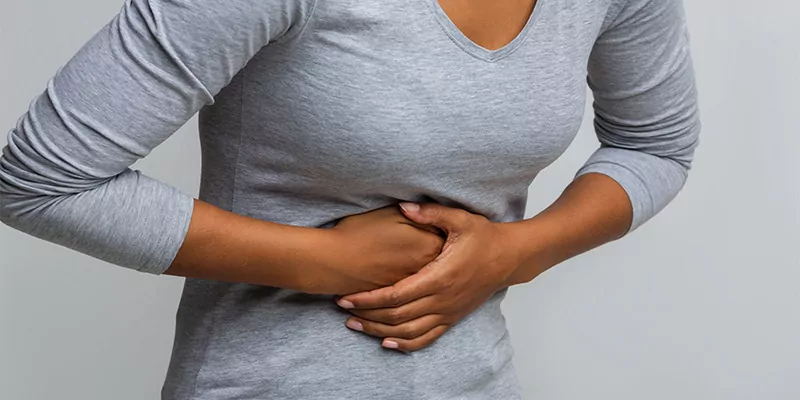
Mushrooms are Nature’s Superfood for your immune health and so much more
Mushrooms are Nature’s Superfood for your immune health and so much more Wow! What a great time to talk about mushrooms! Now that we are
2350 East Third Street Suite #4
Williamsport PA 17701
Tuesday thru Friday 9-5
Saturday 10-4
Smoothie Bar Open-4
570-322-8280

Mushrooms are Nature’s Superfood for your immune health and so much more Wow! What a great time to talk about mushrooms! Now that we are

Gastroparesis Awareness Month Week 4 Welcome back to our five-part series on the important topic of Gastroparesis. Today we will cover the pros and cons

Welcome to Part 3 of this very important five-part Fresh News series. As a review, stomach paralysis or Gastroparesis can cause a diversity of symptoms

Gastroparesis Awareness Month Week 2 If you missed our introductory Fresh News on this important topic, here is a review of what Gastroparesis is: a

August is Gastroparesis month! Imagine this: You’re in gut-wrenching pain, so bad that you are downstairs using your phone to call the person upstairs for

Two powerful nutrients for immune strength and more Now more than ever, we understand the value of a strong immune system. The importance of getting
© Copyright 2024 Freshlife
Health Disclaimer: The information provided on this site should not be construed as personal medical advice or instruction. It is intended for educational purpose only and is not meant to diagnose or treat any disease. No action should be taken based solely on the contents of this site. Readers should consult appropriate health professionals on any matter relating to their health and well-being. Site content is copyrighted and may not be reproduced without permission.
Site developed by Millionaire Designs